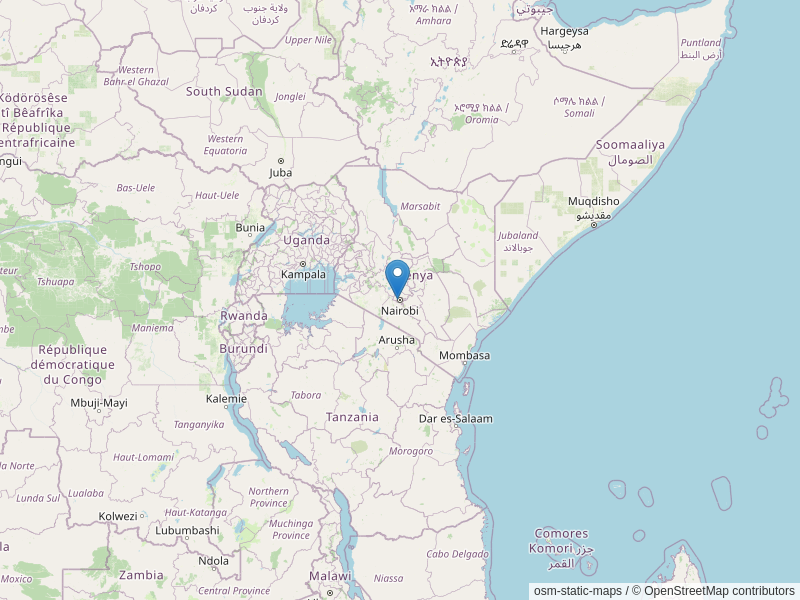BMBF deepens climate and energy partnership with African countries: Memorandum of Understanding signed for the 10th anniversary of the SASSCAL and WASCAL Africa Centers
Federal Research Minister Bettina Stark-Watzinger explains:
“Tackling climate change is a human task. The two climate competence centers SASSCAL and WASCAL stand for regional research for solutions to the most urgent challenges of climate change as well as renewable energies and green hydrogen in southern and western Africa. To date, we have invested EUR 253 million for this purpose. With today’s joint declaration of intent, we are further deepening our climate and energy partnership: for even better research on the ground, for even better education for young people, and for new cooperation in the field of green hydrogen. We have already invested EUR 68 million to establish this cooperation. SASSCAL and WASCAL are door openers for establishing a global supply chain for green hydrogen. Africa is ideally suited for this.”
Background
According to the Intergovernmental Panel on Climate Change (IPCC), the African continent will be hit hardest by the consequences of climate change. The two climate competence centers SASSCAL (Southern African Science Service Centre for Climate Change and Adaptive Land Management) in southern Africa and WASCAL (West African Science Service Centre on Climate Change and Adapted Land Use) in western Africa support the development of scientific structures and resources in African countries, for example for sustainable land use, water supply, and food security.
In 2012, the German Federal Ministry of Education and Research (BMBF), together with partner countries, founded the now international organizations SASSCAL and WASCAL. The centers represent regional research and solutions to the most pressing challenges of climate change adaptation, cross-national capacity development programs, and the development of shared data and research infrastructure. SASSCAL and WASCAL are increasingly being used as platforms for a strategic German-African energy partnership on “green hydrogen.” The impetus for this was the “Green Hydrogen Africa” potential atlas, which was supported by the BMBF and produced in collaboration with the climate competence centers.
More information in German can be found here










